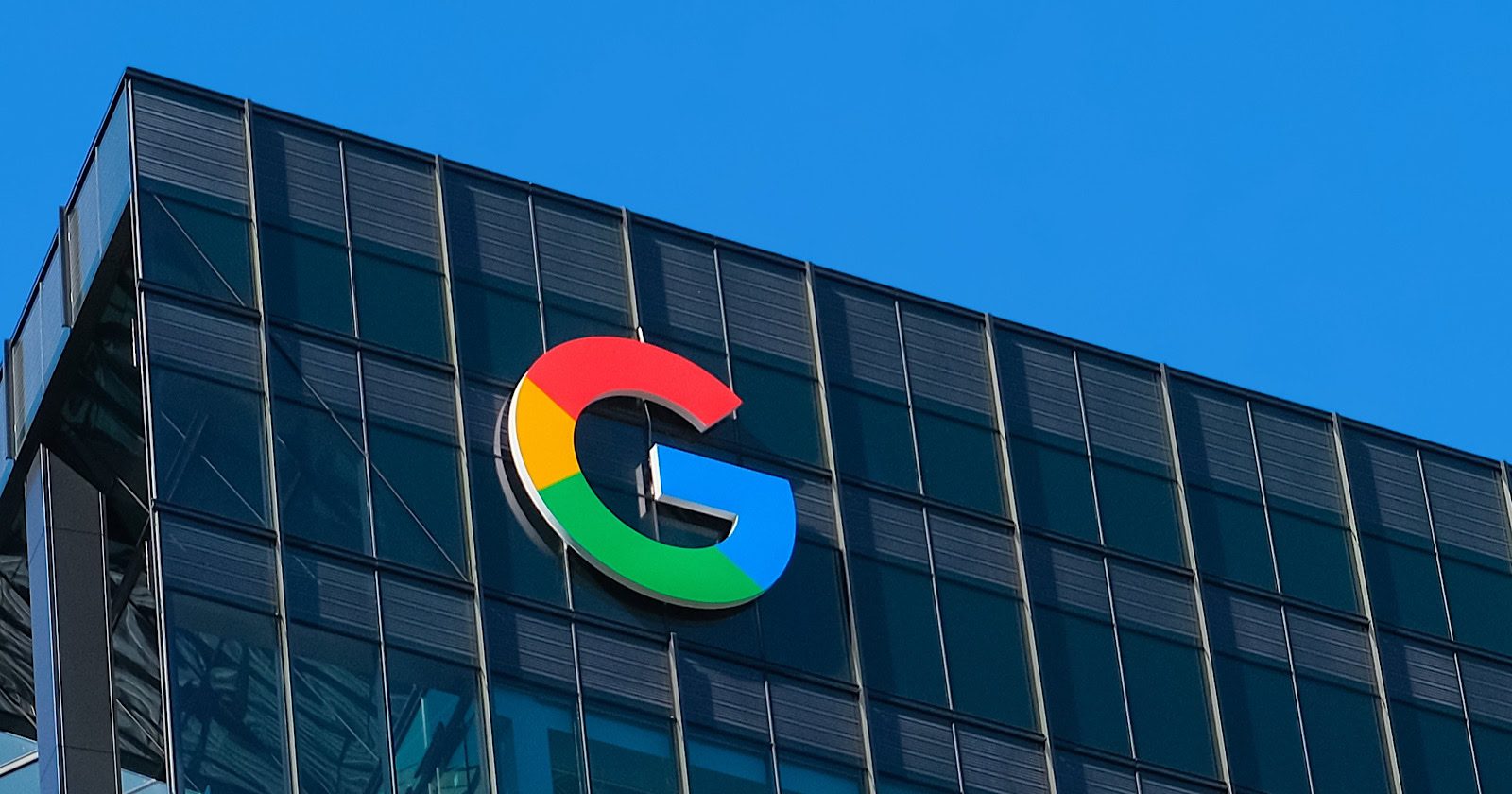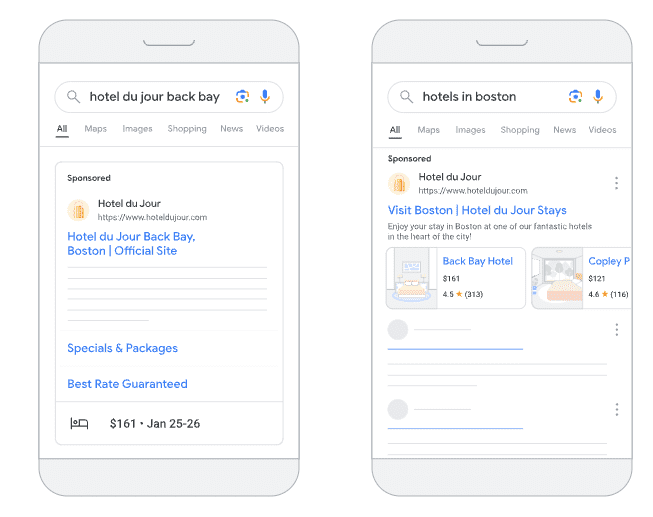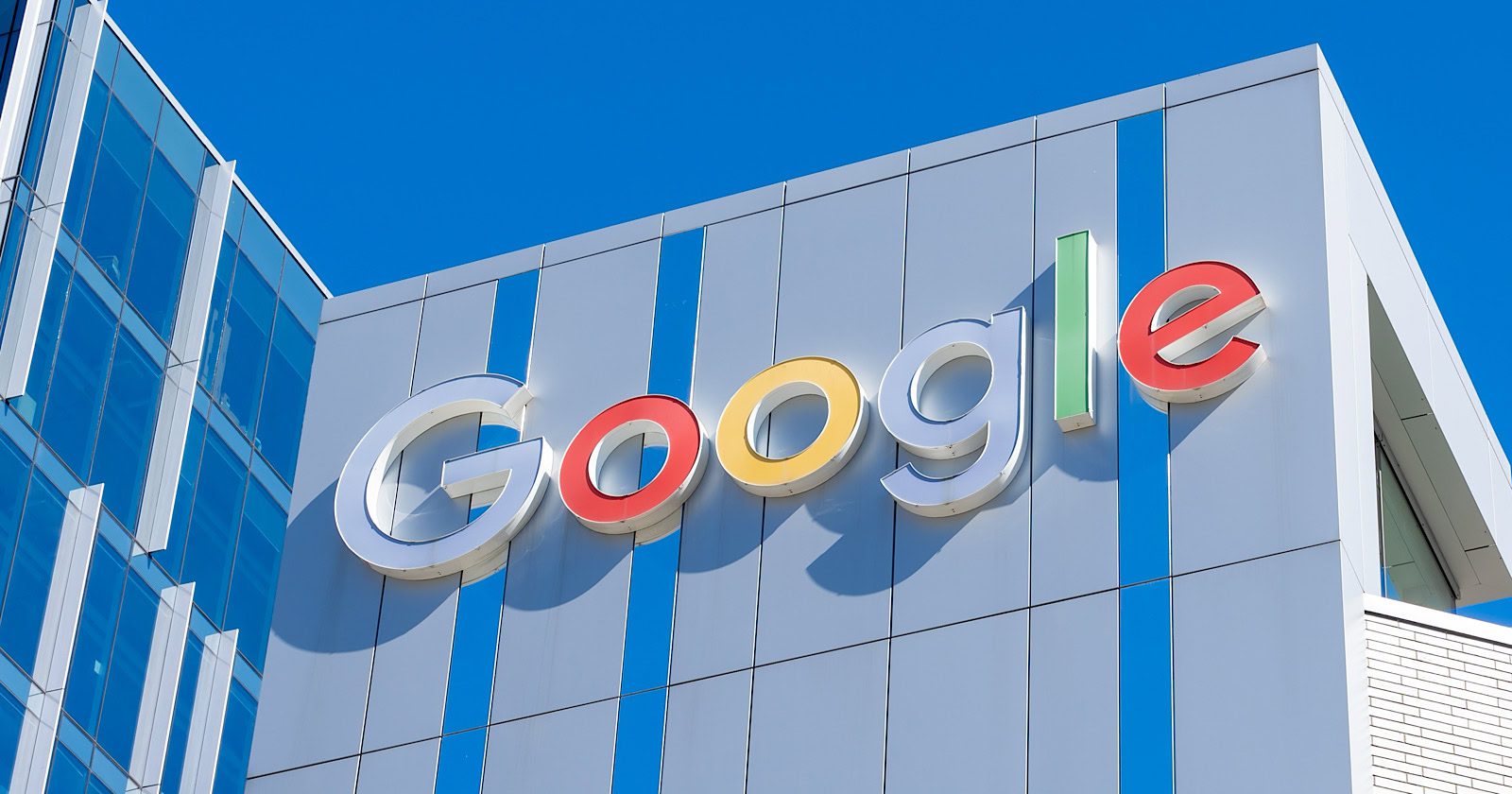Google has announced that Prabhakar Raghavan, the executive overseeing the company’s search engine and advertising products, will be stepping down from his current role.
The news came on Thursday in a memo from CEO Sundar Pichai to staff.
Nick Fox To Lead Search & Ads
Taking over Raghavan’s responsibilities will be Nick Fox, a longtime Google executive with experience across various departments.
Fox will now lead the Knowledge & Information team, which includes Google’s Search, Ads, Geo, and Commerce products.
Pichai expressed confidence in Fox’s ability to lead these crucial divisions, noting:
“Throughout his career, Nick has demonstrated leadership across nearly every facet of Knowledge & Information, from Product and Design in Search and Assistant, to our Shopping, Travel, and Payments products.”
Raghavan’s New Role
Raghavan will transition to the newly created position of Chief Technologist.
He will work closely with Pichai and other Google leaders in this role to provide technical direction.
Pichai praised Raghavan’s contributions, stating:
“Prabhakar’s leadership journey at Google has been remarkable, spanning Research, Workspace, Ads, and Knowledge & Information. He led the Gmail team in launching Smart Reply and Smart Compose as early examples of using AI to improve products, and took Gmail and Drive past 1 billion users.”
Past Criticisms
This recent announcement from Google comes in the wake of earlier criticisms leveled at the company’s search division.
In April, an opinion piece from Ed Zitron highlighted concerns about the direction of Google Search under Raghavan’s leadership.
The article cited industry analysts who claimed that Raghavan’s background in advertising, rather than search technology, had led to decisions prioritizing revenue over search quality.
Critics alleged that under Raghavan’s tenure, Google had rolled back key quality improvements to boost engagement metrics and ad revenue.
Internal emails from 2019 were referenced. They described a “Code Yellow” emergency response to lagging search revenues when Raghavan was head of Ads. This reportedly resulted in boosting sites previously downranked for using spam tactics.
Google has disputed many of these claims, maintaining that its advertising systems do not influence organic search results.
More Restructuring
As part of Google’s restructuring:
- The Gemini app team, led by Sissie Hsiao, will join Google DeepMind under CEO Demis Hassabis.
- Google Assistant teams focused on devices and home experiences will move to the Platforms & Devices division.
Looking Ahead
Fox’s takeover from Raghavan could shake things up at Google.
We may see faster AI rollouts in search and ads, plus more frequent updates. Fox might revisit core search quality, addressing recent criticisms.
Fox might push for quicker adoption of new tech to fend off competitors, especially in AI. He’s also likely to be more savvy about regulatory issues.
It’s important to note that these potential changes are speculative based on the limited information available.
The actual changes in leadership style and priorities will become clearer as Fox settles into his new role.
Featured Image: One Artist/Shutterstock










